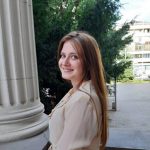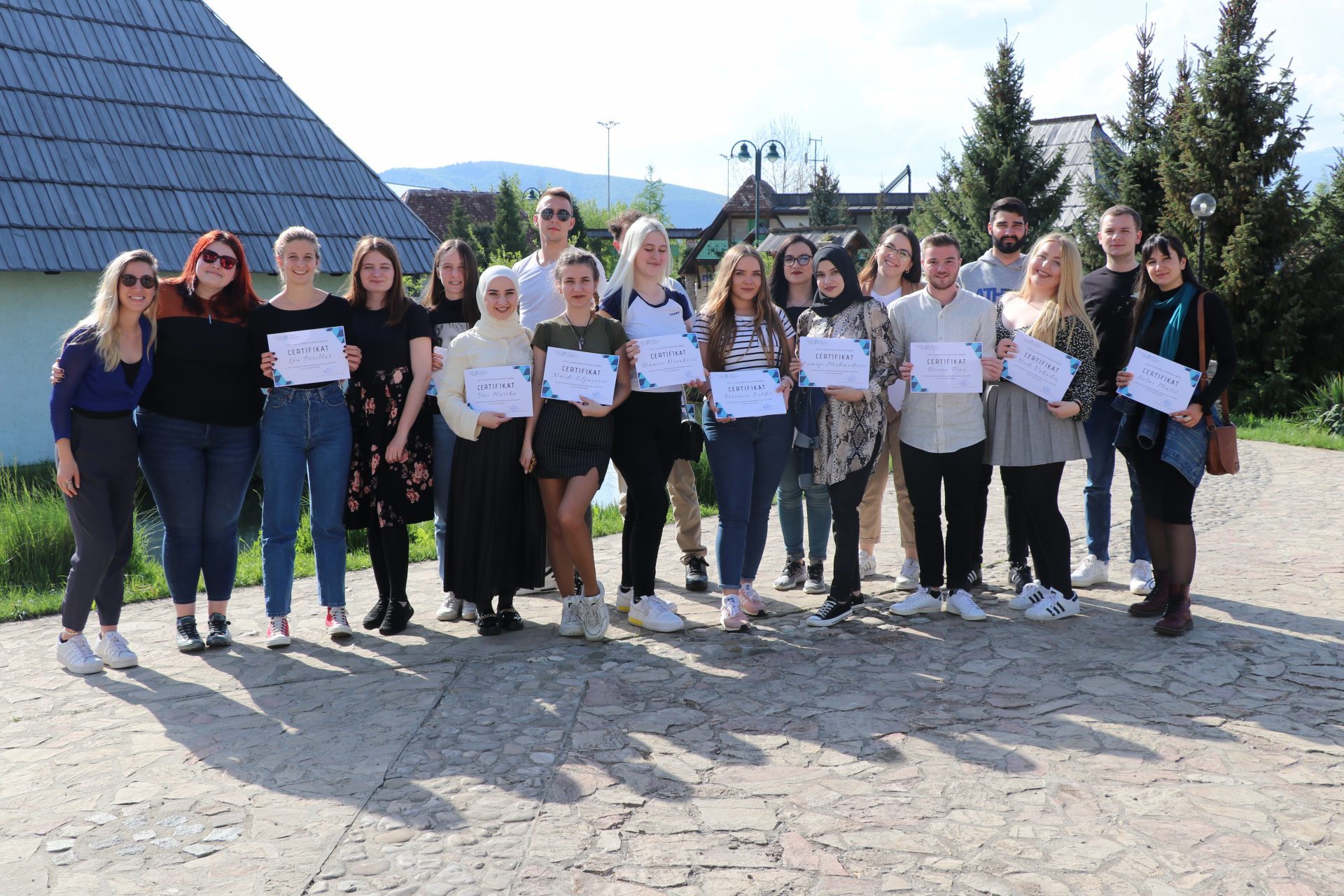
At the eighth training for Balkan Diskurs youth correspondents, organized by the Post-Conflict Research Center, young people from 13 cities in Bosnia and Herzegovina learned basic skills in investigative and citizen journalism, as well as documentary photography.
“I applied for the Balkan Diskurs training out of a great interest in documentary photography – I’m interested in that moment that will forever be recorded in photography. On the other hand, photography is a social document of time that can best elucidate the story we will tell in our articles,” said Selmir Smajić from Lukavac.
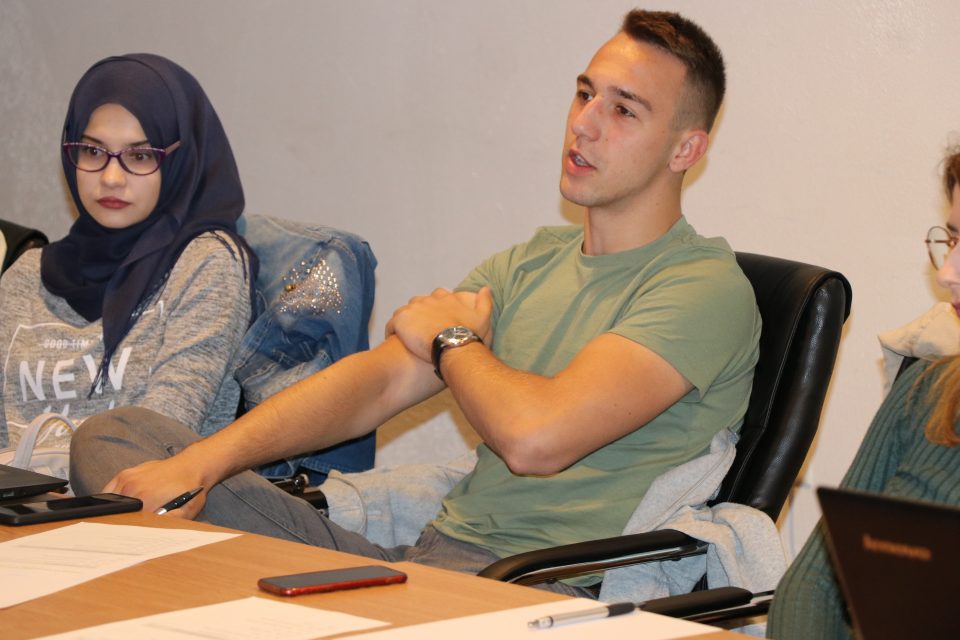
The eighth training for youth correspondents was held from May 6th to 9th in the Čardaci Ethno Village, with the aim of providing a multi-ethnic platform for promoting the voices of young people on issues that confront stereotypes and cannot be found in other media.
The first part of the training focused on lecturing participants about investigative and citizen journalism, objective and impartial reporting, fact-checking, and interview techniques. After the participants were introduced to different journalistic forms and rules of writing, they did practical exercises, which they described as the most useful part of the training.
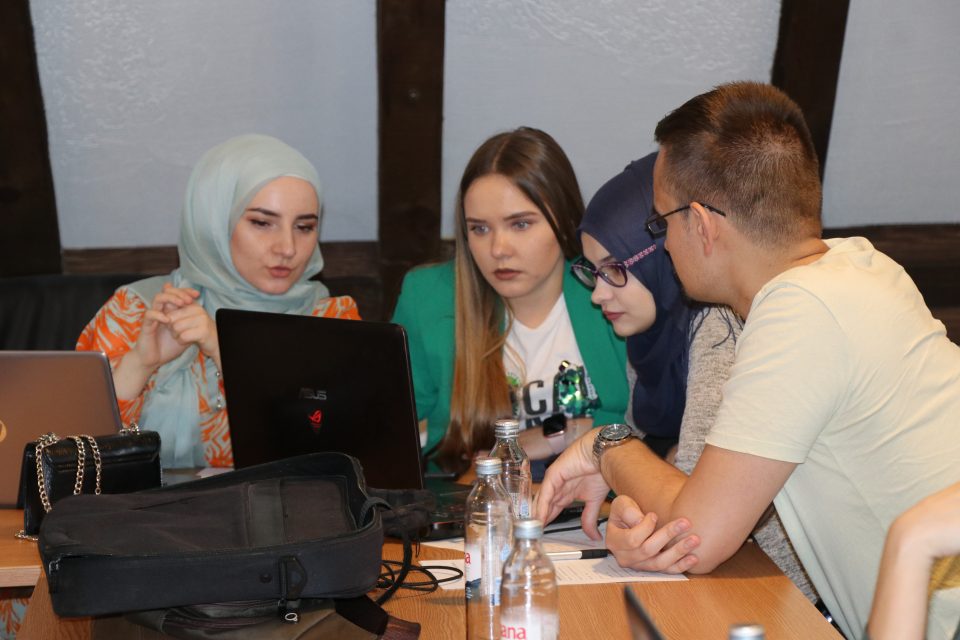
Emilio Jarak from Čapljina said that “the best part of the training was the simulation of interviews from the perspective of speakers and interlocutors.” He described the entire training as a step towards his improvement in this field, emphasizing that this is the most useful educational event he has attended.
The second part of the training on the use of photography and visual storytelling was conducted in collaboration with British photographer Paul Lowe. Lowe showed correspondents how to capture moments in photography, as well as revealed tricks for photographing portraits and still life.
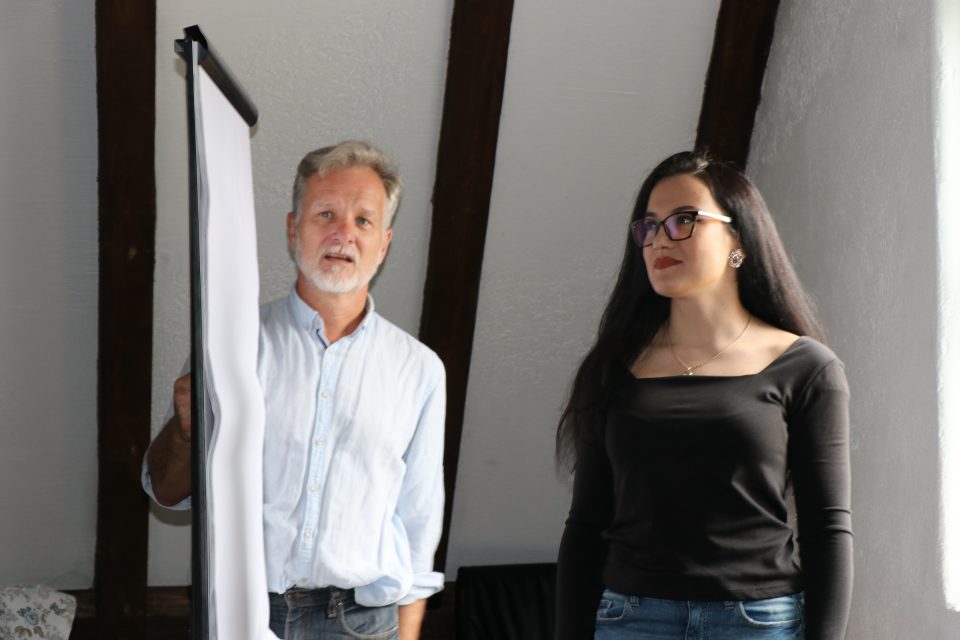
“Paul’s lecture was great. Thorough and creative. The photos he showed us are great and everything he told us is very inspiring,” said Sumeja Mehmedović from Kalesija.
An additional goal of the training was to introduce participants to the fight against negative stereotypes and prejudices towards marginalized groups and other ethnicities in Bosnia and Herzegovina. To this end, we showed attendees an episode from the award-winning documentary project “Ordinary Heroes,” produced by the Post-Conflict Research Center and Pinch Media. The story of Salih and Đorđe – ordinary heroes during the war – inspires young people to actively promote positive examples of the citizens of Bosnia and Herzegovina, which will leave a mark in the lives of others.
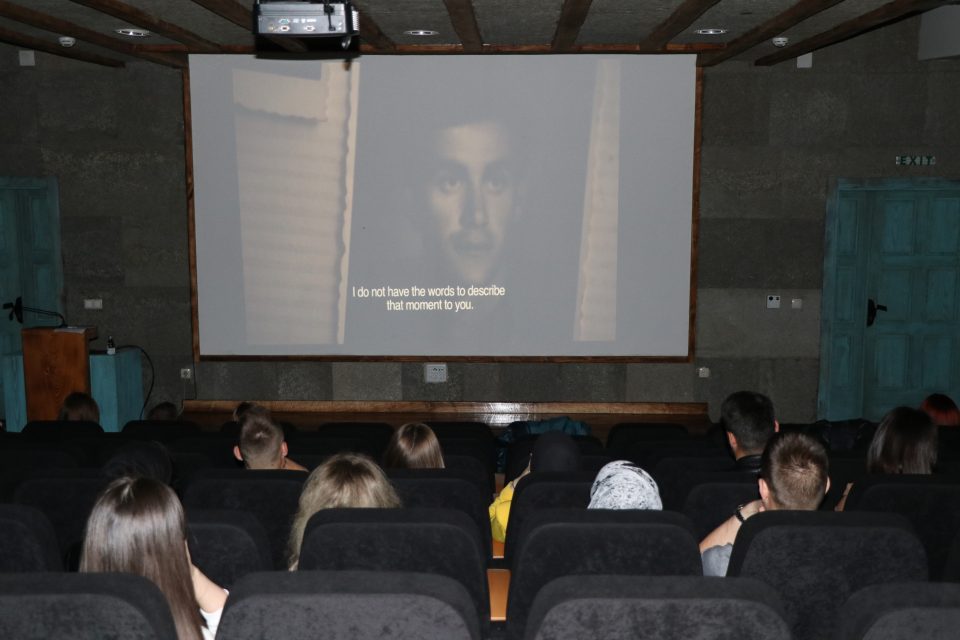
“The film showed that the true heroes are among us, in our local communities. These are ordinary people who deserve to be called heroes. When one such ray of light appears in individuals in the times of the greatest evil and eclipse of the human mind, it actually gives hope that good exists in evil times,” said Neda Vukadin from Banja Luka.
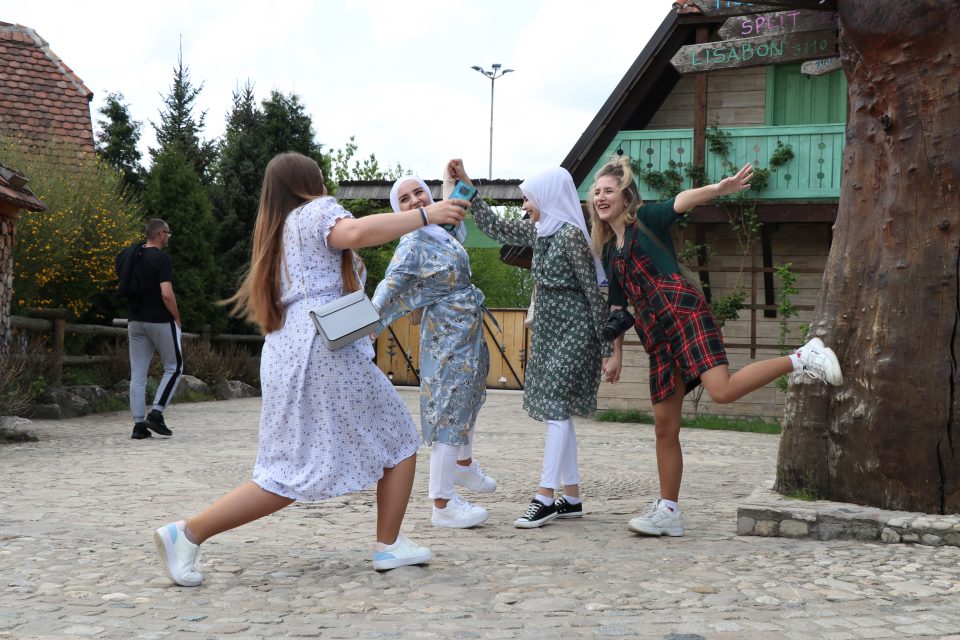
After the training, 15 young people will have the opportunity to publish their works on peacebuilding, dealing with the past, human rights, and memory culture on the Post-Conflict Research Center’s multimedia platform Balkan Diskurs, which is available in B/C/S and English. To date, PCRC has trained 120 young people from all over Bosnia and Herzegovina, many of whom are still writing for our platform.



